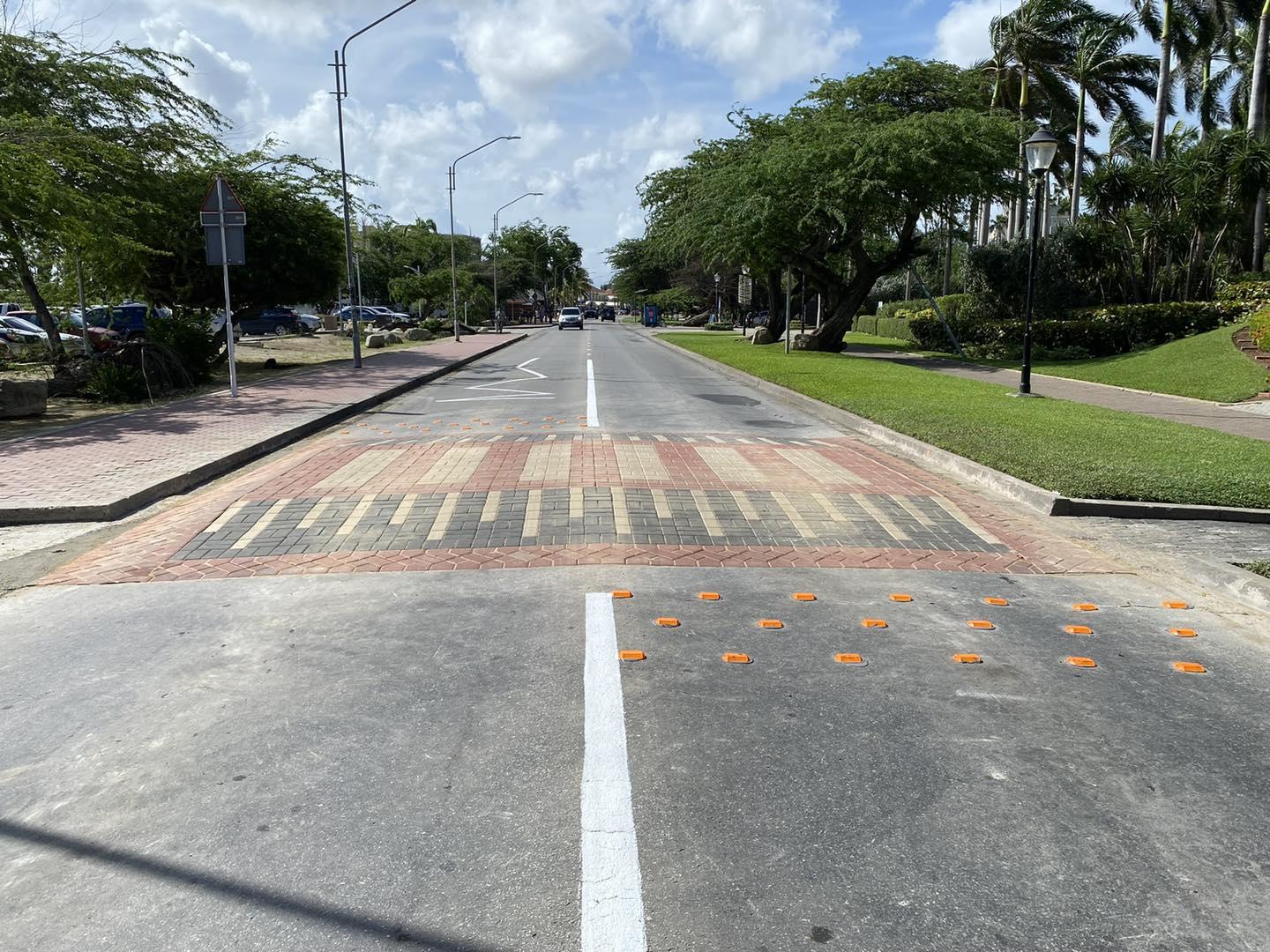
4 minute read
1.4 Regulations
several articles. It is recommended to have a legal advisor review in order to initiate the process. The Minister would like to consider the advice provided by the community regarding granting, changing, transferring, renewing, or withdrawing permits. The permit holder focus groups provided more in-depth information and insights.
1.4 Regulations
A quick scan into other countries and cities was conducted to provide a comparison of regulations based on the KiM report titled: International comparison of taxi regulation and Uber, the results are discussed to provide a more general view of the permitting process on a global scale. In a perfectly functioning market, no regulation is needed, in an ideal situation there is balance between supply and demand. However, the reality is that the world is not perfect, nor are the markets, prone to market failures which vary accordingly. (KiM Netherlands Institute for Transport Policy Analysis – KiM NITPA, 2015). Teulings et al (2003) and OECD (2007) identify the following market failures in the taxi market: - High fixed costs (economies of scale); - Insufficient or asymmetric information; - External effects, both positive (social, economic) and negative (noise, emissions, safety) effects that are not in the interplay of supply and demand. Examples include lack of space (congestion in certain areas), safety of drivers, passengers and other drivers, and the quality of service offered to (foreign) travelers. The customer is in an immediately dependent position at the moment they enter a taxi.
As stated by KiM NITPA, the reasons for regulation are to prevent aspects of market failure from occurring. However, this can also result in government failure in terms of bureaucracy, and other undesired effects. It is pertinent that regulation advantages outweigh the disadvantages. In Aruba, the taxi market is regulated firstly by price, fixed fees from point A to point B, this form of regulation is meant to compensate for the disadvantages of insufficient information for example. Secondly, there is a capacity regulation of permits, capacity regulation aims to prevent traffic congestion. In addition, it provides permit holders to the opportunity to recoup and make a living from their investments. Additionally, this provides a control mechanism for quality control. There are currently 467 vehicles registered as taxis at the tax department, however, the correct amount is 465 registered taxi permits at DTP. All types of permits have been capped by the moratorium since March 2022 for one year. This is a reason for concern, especially when considering the large increases in vehicles on the island. Lastly, another regulation that needs immediate attention is the quality regulation. This regulation aims to guarantee public safety, to offer passengers satisfactory quality standards, ensuring everyone has access (locals vs. tourists). Aruba’s public transportation system differs from larger cities and countries, primarily to the fact that there are not taxi companies. However, like the Netherlands, the taxis work with a dispatcher company, of which there are currently three or four established bodies offering their service as a group. These companies differ in membership requirements and monthly fees based on the extent to which they provide services to their members and the passengers. For example, working with a specialized app for phone calls, ensuring there is 24/7 dispatcher service and ensuring that their membership is always scheduled in during holidays and irregular hours. In addition, they have specific criteria (quality) that the members need to adhere to. This provides a more structured approach to delivering quality service. It is evident that regulations are in place, however practical requirements are unclear and politized. The question remains whether the regulations are strict enough. The KiM report refers to permits such as O, T and others, as hired car with driver (HCD) in order to distinguish them from taxis. In Belgium the two differentiated as follows, for HCD the fare and destination are agreed in advance, and the fares are set higher than those of taxis to ensure they do not compete directly with taxis. In Germany, for example a local knowledge test is required for Taxi and hired car drivers, the hired car with drivers (T & O) must always return to the company base site. In France, a comprehensive training course is required (6-9 months) to become a taxi driver, the hired car with drivers follow 250 course hours.
In addition, the hired car with drivers is only via reservation, after the trip is completed, they are required to return to company site. In the UK taxi drivers have to complete a demanding local test and 15
hired car with driver completes a less demanding knowledge test. In Brazil the fares are regulated and the car hire with drivers are 89% higher than taxi. In almost all of the studies countries, some sort of test is required focusing on suitability, local knowledge, driver approval test (behavior, eyesight and so forth), language test.
In addition, there are also requirements stated for the car. In Belgium it is mandatory that a card listing the fares must be posted in the taxi, and the car cannot be older than 7 years. Another noticeable requirement in the studied countries is that hired cars cannot resemble taxis, this contributes to tourists being able to distinguish between the types of transportation available. Currently, Aruba’s regulations do not seem rigorous enough to clearly distinguish between a Taxi and a T or an O (except for the license plate), however in terms of the service provided, it is the same. Making it even more difficult to control.
The next section of the paper will review the results of the interviews and focus groups of the permit holders to find themes and common perceptions. Following that, the results of the surveys of locals and tourists will be discussed to shed light on the use of transportation as well as the perceptions related to public transportation on the island of Aruba.








